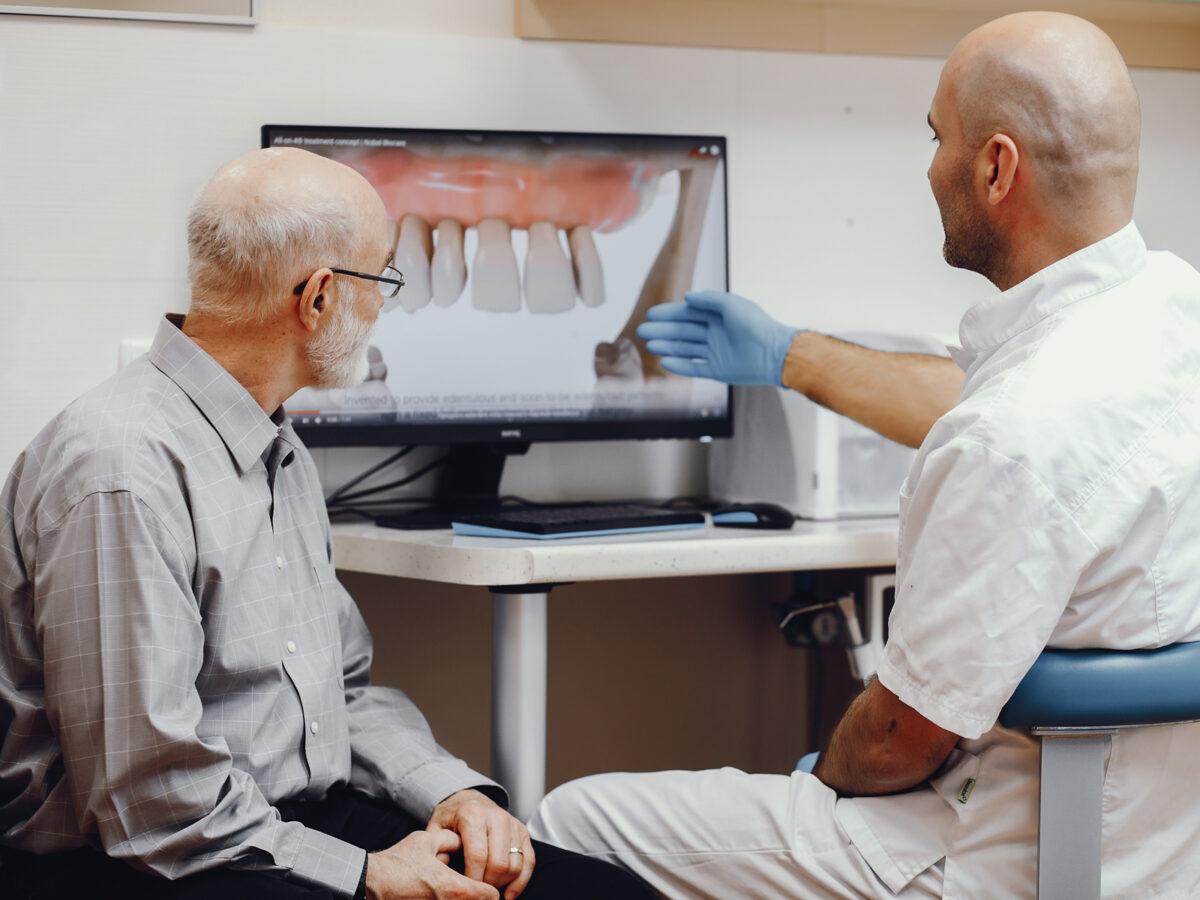Wearing braces can be a transformative experience for your dental health, gradually straightening your teeth and enhancing your smile. However, orthodontic treatment with braces requires extra care to maintain not only the health of your teeth but also your gums. Proper oral hygiene is crucial during this period to prevent issues such as gum inflammation and decay. This blog will explore practical ways to maintain gum health while wearing braces.
Maintain Healthy Gums While Wearing Braces
Maintain Perfect Oral Cleanliness:
The foundation of gum health is impeccable oral cleanliness. Keeping your teeth and gums clean while wearing braces is even more crucial. Follow these guidelines:
Brushing:
Use a soft-bristled toothbrush to brush your teeth after each meal. Pay special attention to the areas around the brackets and wires. Consider using an interdental brush to navigate between wires and brackets.
Flossing:
Flossing can be challenging but is essential when wearing braces. Use a floss threader or orthodontic floss to clean between wires and around brackets. Make it a daily habit to remove stuck food particles and plaque.
Rinsing:
Incorporate an antibacterial or fluoride mouthwash into your daily routine. This can help control bacteria and strengthen your teeth.
Select the Right Tools:
Choosing the right tools for dental care is crucial when you have braces. Invest in the following:
- Orthodontic Toothbrush
These toothbrushes are specially designed for cleaning around braces. They often feature V-cut bristles to facilitate cleaning around brackets and wires. - Interdental Brushes
These small brushes are effective for cleaning between wires and around brackets. They come in various sizes to fit different spaces. - Floss Threader or Orthodontic Floss
These tools help you maneuver floss between wires and brackets for thorough cleaning. - Regular Dental Check-Ups:
Regular visits to your dentist or orthodontist are vital during orthodontic treatment. They can monitor the health of your gums and teeth, as well as the progress of your braces. Dental professionals can provide advice on proper oral hygiene and address any issues.
Monitor Your Diet:
Your diet significantly impacts your gum health, especially when wearing braces. Remember:
- Avoid sticky and hard foods, as they can damage your braces and complicate dental hygiene. Sticky foods can also get trapped in brackets and wires, increasing the risk of gum disease.
- Limit sugary foods to reduce plaque buildup and the risk of tooth decay. Consume sweets in moderation and follow up with proper oral care.
- Stay hydrated for overall health, including oral health. Water helps remove food particles and bacteria, reducing the incidence of gum disease.
Address Discomfort Promptly:
Braces can sometimes cause discomfort. Address any issues promptly to avoid gum inflammation. If wires or brackets irritate you, apply orthodontic wax as a protective barrier. Consult your orthodontist for adjustments if the issue persists.
- Consider Water Flossers:
Water flossers, or oral irrigators, can be beneficial for those with braces. These devices use a stream of water to clean between teeth and around braces, supplementing traditional oral care methods.
Conclusion:
Maintaining gum health while wearing braces requires a commitment to dental cleanliness and regular professional care. By adhering to impeccable dental care practices, choosing the right tools, monitoring your diet, and addressing discomfort promptly, you can navigate your orthodontic journey with a healthy, confident smile. Remember, the effort you put into caring for your gums during orthodontic treatment will pay off with a beautiful and healthy smile.




